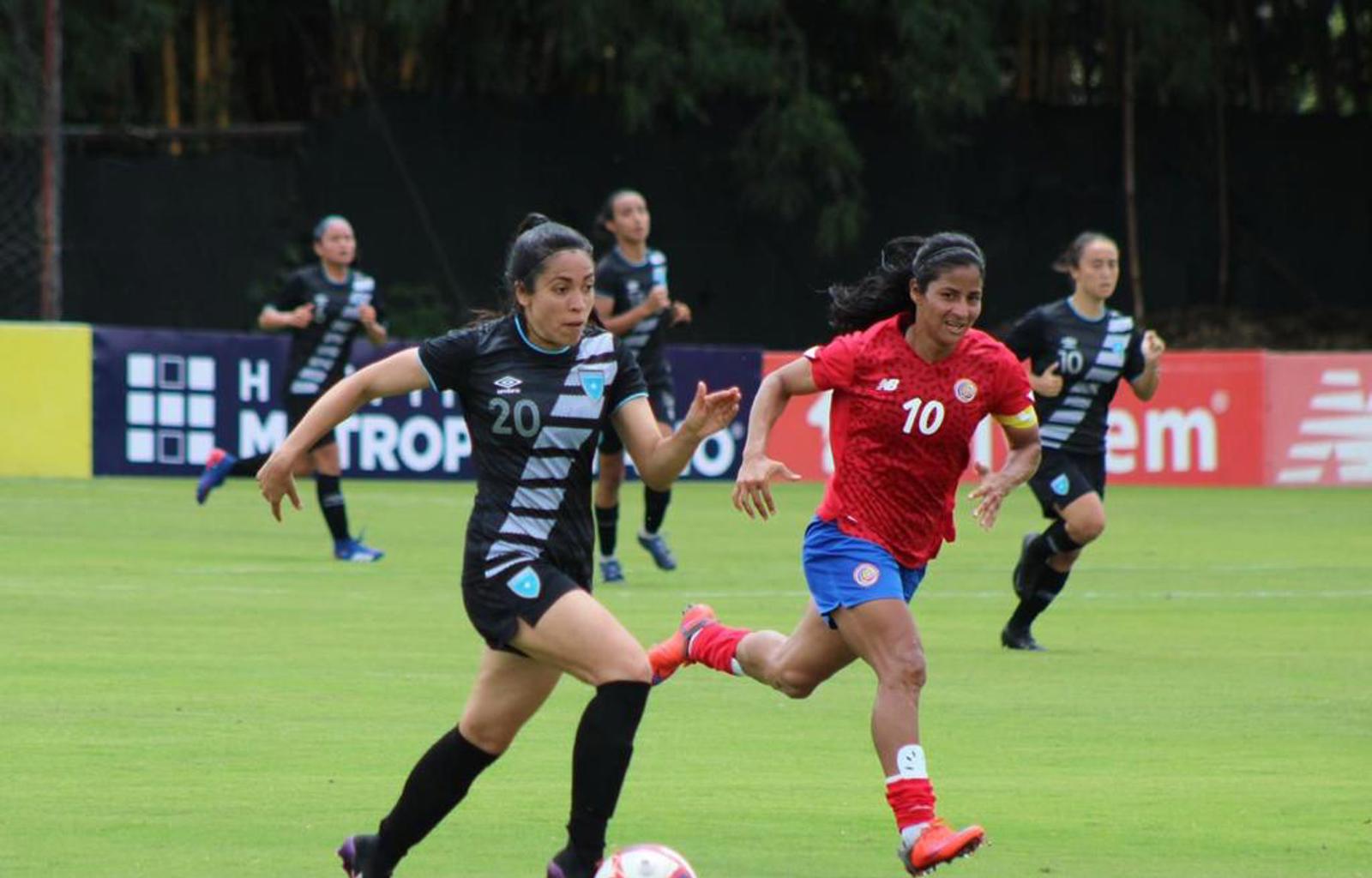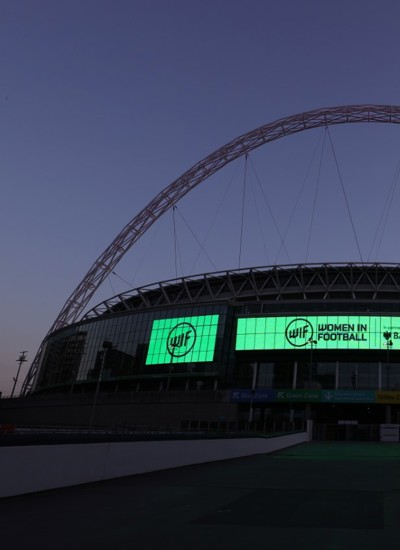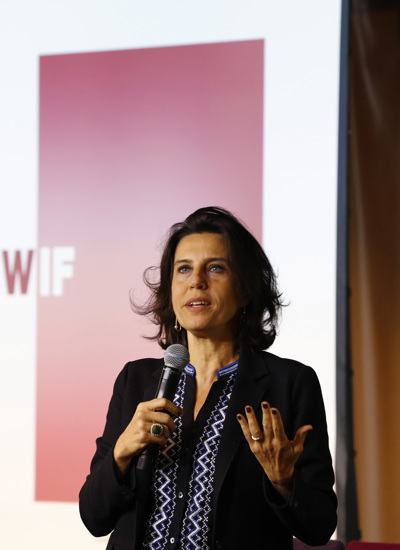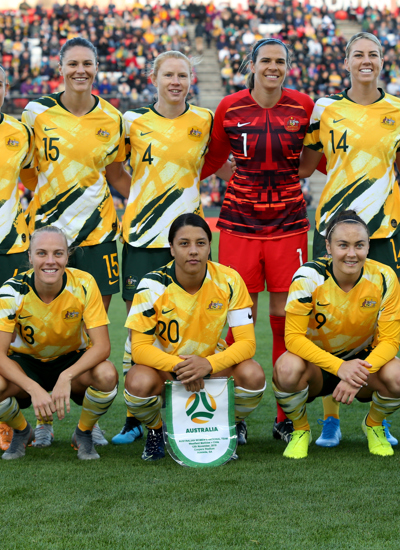
{0} min. reading time
FIFPRO's 'Ready to Board' program is preparing talented women for boardroom roles in football.
Ana Lucia Martinez, captain of Guatemala’s women’s national team, is among the 14 women participating. Each has been asked to pick a mentor in the sports industry who will help them develop their careers.
FIFPRO spoke to Martinez and Mario Monterrosa who has agreed to be her mentor. Monterrosa, who is also from Guatemala, works for CONCACAF as Director of North & Central America Member Association Affairs.
Martinez has played in Spain and Italy for clubs including Rayo Vallecano and Napoli, and is a women’s football advisor for the Guatemalan player association. She has a degree in chemical engineering and a master’s in economics, finance and computing.




